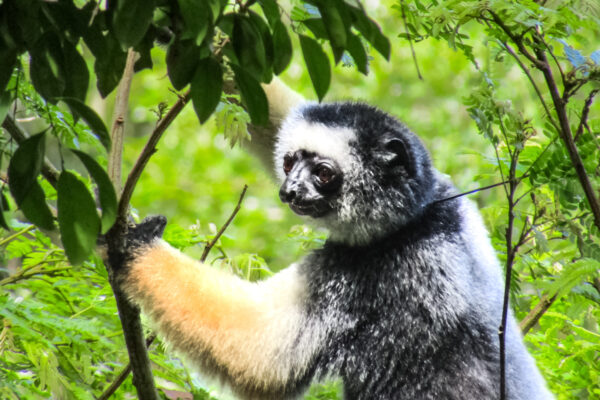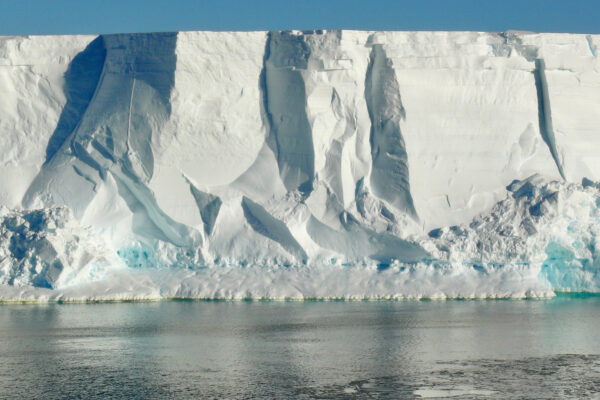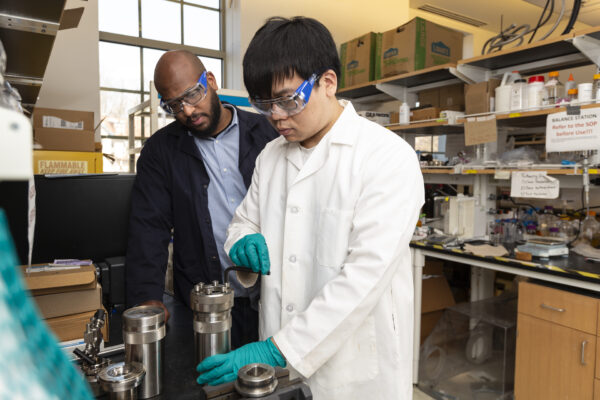Novel material supercharges innovation in electrostatic energy storage
Sang-Hoon Bae, a researcher at Washington University, has developed artificial heterostructures made of freestanding 2D and 3D membranes that have an energy density up to 19 times higher than commercially available capacitors.
Global study reveals health impacts of airborne trace elements
Researchers at Washington University , led by Randall Martin, investigated global particulate matter, revealing health risks from trace elements.
Lemur’s lament
What can be done when one threatened animal kills another? Researchers in Arts & Sciences confronted this difficult reality when they witnessed attacks on critically endangered lemurs by another vulnerable species, a carnivore called a fosa.
Masteller wins NSF CAREER award
Geoscientist Claire Masteller in Arts & Sciences will look at the erosive power of ocean waves on rocky coastlines with a CAREER award from the National Science Foundation.
Evidence isn’t enough
In the undergraduate course “Beyond the Evidence,” students learn how science communication and moral worldviews intersect.
The hidden river
The Mississippi River defines St. Louis, shaping its life and culture. But today, for many St. Louisans, that connection has been broken, says Derek Hoeferlin, chair of landscape architecture in the Sam Fox School of Design & Visual Arts at Washington University in St. Louis.
Largest ice shelf in Antarctica lurches forward once or twice each day
A conveyer belt of ice jostles the entire Ross Ice Shelf out of place at least once daily, according to new research from Washington University in St. Louis.
Michaelides wins NASA fellowship for early-career researchers
A $300,000 award from NASA’s Early Career Investigator Program in Earth Science will allow Roger Michaelides, in Arts & Sciences, to track interactions between permafrost and wildfires in a warming Arctic, work that could shed new light on climate change.
Transforming wood waste for sustainable manufacturing
Marcus Foston, an associate professor of energy, environmental and chemical engineering at the McKelvey School of Engineering, is exploring how to add value to lignin, a type of polymer found in wood.
Efficient lithium-air battery under development to speed electrification of transit
With $1.5 million from the U.S. Department of Energy, a collaborative team of researchers led by the McKelvey School of Engineering is working toward creating efficient and reliable batteries for transportation use.
Older Stories









